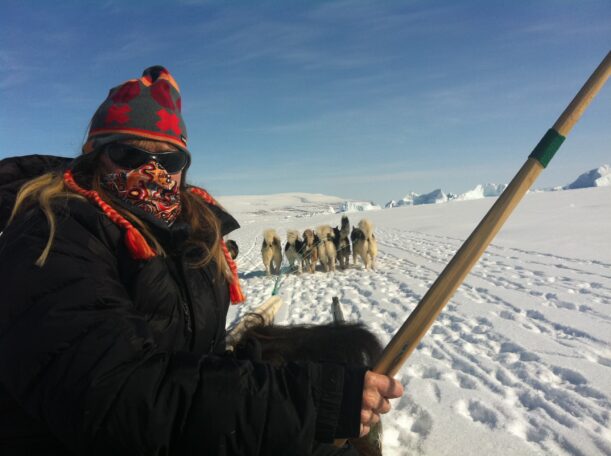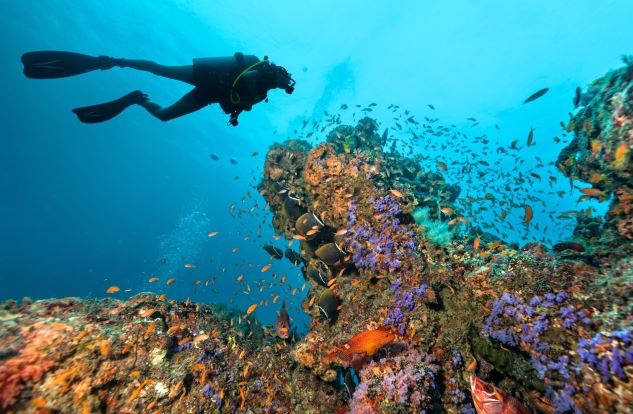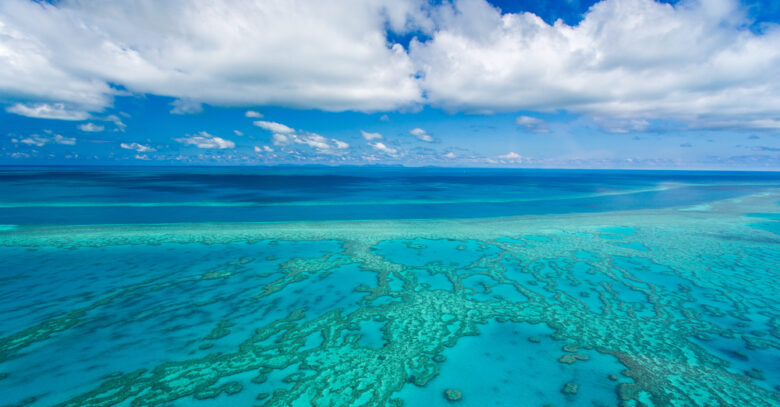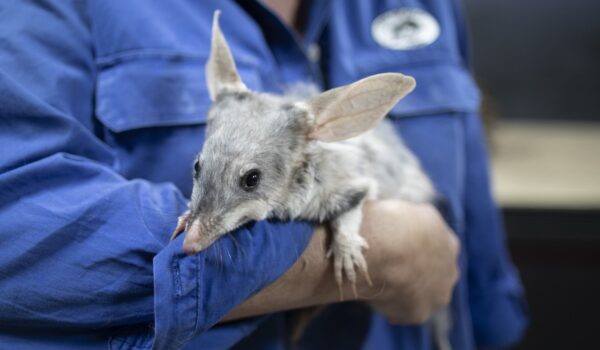June is an important month for our Ocean. Today is World Ocean Day, a day to bring heightened awareness to the critical role the ocean plays in making our planet habitable. It is a day we stop to recognise and lead discussion on the importance of the Ocean that supports all life on this planet and drives our climate system. It is also the month of the UN Ocean Conference in Portugal of which I have the greatest privilege to be speaking at alongside Dr Sylvia Earle in Lisbon.
Most people don’t realise that the ocean contributes up to 70% of the world’s oxygen supply, and coral reefs are the rainforests of the ocean that act like the lungs of the sea, and support huge amounts of biological processes that make life possible. Over 70% of the world’s coral species come from just one area in the ocean – The Coral Triangle which sits in a warm tropical area framed by Papua New Guinea, Indonesia and across to the southern tip of Japan. It is inside this boundary that we see important coral species and a huge variety of marine fishes, often referred to as the nursery of the ocean. How it will respond to the impact brought about through our changing climate system is yet to be fully understood or studied.

While there’s a myriad of different conversations to be had about Ocean health, I think an important one for us in the lead up to the UN Ocean Conference in Portugal, is what research systems do we need to put in place to monitor and build the data needed to better understand what the impact of the melting polar regions, the Arctic and Antarctica will have on sea level rise over the next century. How fast, how high will this impact be, and which areas will be hit the hardest so governments, business and communities can build strategies to mitigate these threats and be well prepared for the challenges of our Changing Ocean.
Here the region of southeast Asia and Oceania will be some of the hardest hit, with low elevation islands and coastal communities stretched across thousands of island nations. Here over 600 million people live adjacent to the ocean where changes will impact them from sea level rise, storm surge, to increased tropical storms and in some areas, this will be exacerbated by sinking land from natural events combined with the drop in land height from over use of water extraction from ground bore holes.
Secondly will be the importance to study and monitor the interaction between the ocean and atmosphere if we are to truly understand the climate system, as the ocean and the atmosphere are a coupled system, you have to study their point of interaction. This will be critical over the next 50 years and this is where further study and data monitoring needs to occur.

Finally, the deep ocean which is less mapped than the surface of the moon needs attention. The deep ocean plays a service to all of humanity and is often nicknamed the Locker Room as it is here that the deep CO2 storage units exist. Up to 40% of the CO2 we produce is locked away at the bottom of the ocean where is has been in a deep state of hibernation until now.
With the changes we are pushing into the climate system and the impacts of the coupling of the ocean-atmosphere relationship, the deep ocean is starting to wake up. So, in a final piece of knowledge we must study our valleys, ridges and mountains of the deep sea to truly understand how our changing ocean will impact all life on earth and what we must do to shore-up the health of our ocean for future generations.
The Ocean is global. We need to work together to mitigate where we can and plan solutions around the challenges that will be faced if we do not understand the critical role of the key element that makes life possible on this blue planet – Our Ocean.

The next 100 years will be crucial and government policies will be at the heart of the conversation when it comes to protecting and conserving. The Australian government recently confirmed its promised $1 billion in the Federal Budget for the Great Barrier Reef. But will $1 billion be enough?
It is not yet understood how they propose to use the money, what processes they’re going to use, what the goals and what the outcomes are, and how they’re going to measure it. And there in lies the problem with such grand announcements such as these – where are the details?
The Great Barrier Reef is a very important part of the global reef system, as is the coral triangle which sits above Australia between Papua New Guinea and Japan and across to Singapore. We sit in a region where there are many critical reefs and we need those reefs to provide the nurseries that the ocean needs, for habitat for young fish and for development within the ocean system. What we do with that money, how we measure what we do and what the outcomes of that money are, for me that’s what I think is most critical. I’d like to see what that plan is going to look like.
Today, as I think about what World Ocean Day means, I think about how quickly the oceans are changing, and therefore we have to keep our eye on what the big picture is. My hope is that governments and big business realise that this is a long-term game that we’re in, it’s not a short-term tactical election promise or election outcome, it’s a very slow-moving big game. If there’s anything that I’ve learnt and understood from the past decade of work and research, it is that we need a separate system that sits alongside government but not in government, that can actually make plans for the people most affected by sea-level rise.
I recently wrote and directed the series Our Changing Ocean where renowned marine scientist Dr Sylvia Earle shed light on the challenges but also glimmers of hope on the opportunities that exist to ensure we continue to thrive. You can watch the episode on Super Corals below.









